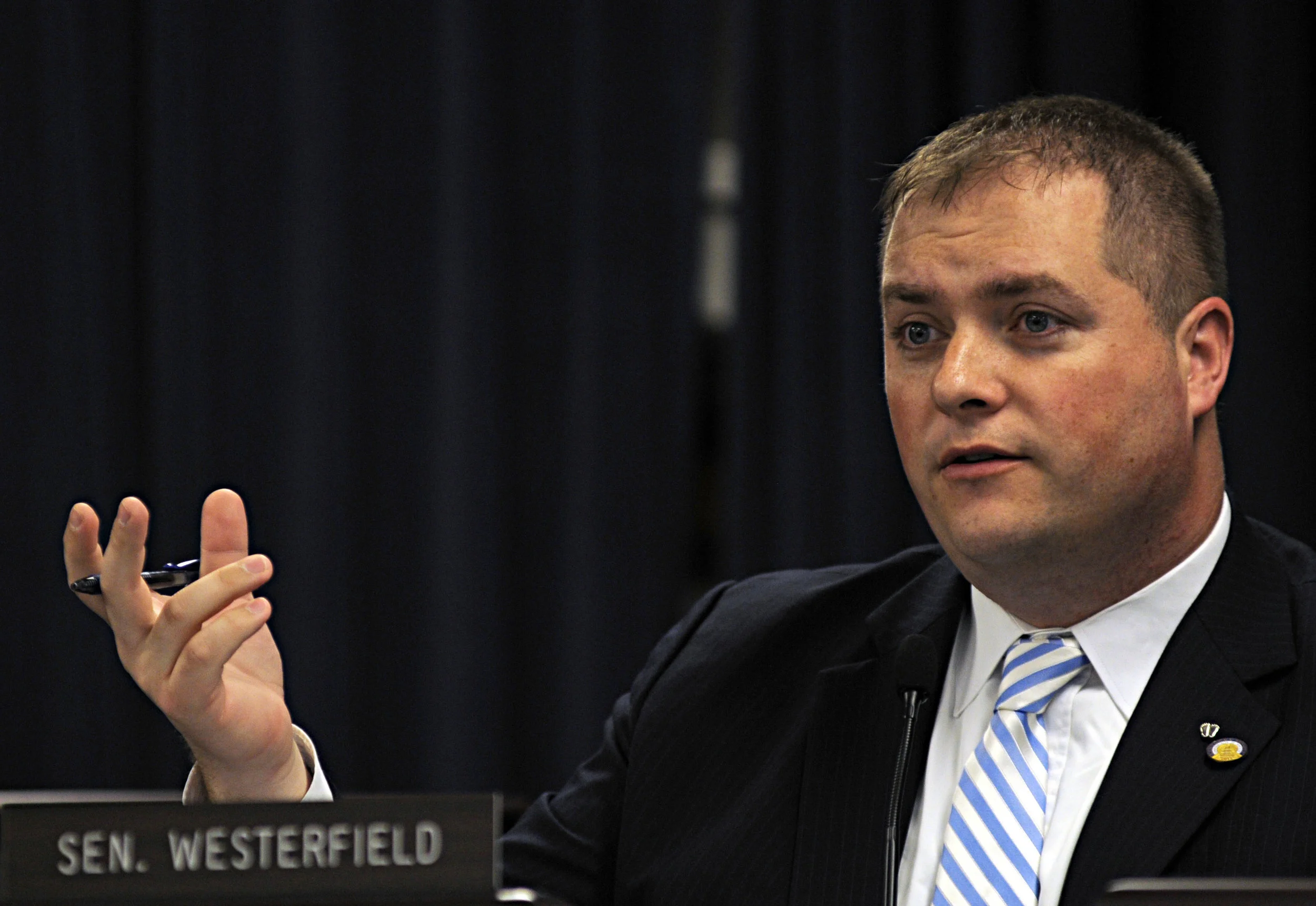As was announced in this space a couple of months ago the Bevin administration and legislative leaders from both parties and chambers were joined to create the Governor's Criminal Justice Policy Advisory Committee. Since the creation of "CJPAC" we've heard a steady stream of data and policy testimony to provide legislative food for thought as we look ahead to the 2017 session.
Last month the CJPAC divided into several subgroups to study specific issues in greater detail:
- Penal Code
- Reentry
- Recidivism Reduction
- Probation and Parole reforms
- Drug Policy
- Prevention
- Jail reform
I've been assigned to the Penal Code group, tasked with examining any changes to the entire criminal code. In case you wanted to take a look at every single criminal offense on the books (in the penal code and outside of it) I hope you have some free time on your hands.
Our small group has met once by phone and once in person so far, and we have another meeting scheduled in just under two weeks when we'll discuss continued changes to some of the biggest pain points in the criminal code. Should some offenses be reclassified to carry more serious penalties? Lower penalties? Where are the inconsistencies (possession of child porn carries the same penalty as possession a stolen license plate, for example)?
Last month during the Judiciary committee meeting we heard from prosecutors about the need to eliminate the "violent offense" label in the code. Especially for everyone outside the court system the suggestion that some crimes are deemed "violent" and others are not is frustrating. It is also a bit of a misnomer. There isn't actually a "violent offense" statute, but rather a handful of crimes that carry a "violent" level of parole eligibility. For these few crimes a convicted individual must serve a full 85% of their imposed sentence before becoming merely eligible for parole. You can find that statute and the list of applicable crimes right here if you're interested. It's a short read. But the bottom line is that there are a great many crimes that anyone of us would deem "violent" that aren't included in that statute. There's a growing opinion (that I share) that we should remove that label.
We'll take a look at parole eligibility across a number of crimes. Should the eligibility threshold move up; drop down; stay put? We have crimes at 15%, 20%, 50% and 85% (50% is a relatively new group, containing a specific high-level theft, certain cases of heroin trafficking).
At the CJPAC meeting last week we heard from the Department of Corrections and from Pew Charitable Trusts (examining Kentucky's own DOC data) and we can identify a number of trends that demand further attention. For example, the rate of women being incarcerated has increased 25% compared to only 5% for men since 2007. Property offenses in prison admissions have climbed by nearly 50%. Two-thirds of prison admissions are for violations of supervision conditions (probation & parole). I strongly encourage you to take a look at the charts and takeaways in that data presentation.
Needless to say, no small task awaits us.
Bookmark this page or visit my Apple News channel to stay up to date on what's happening with the CJPAC and other legislation as we approach the 2017 session in January. If you have some input or feedback please contact me here or here!


